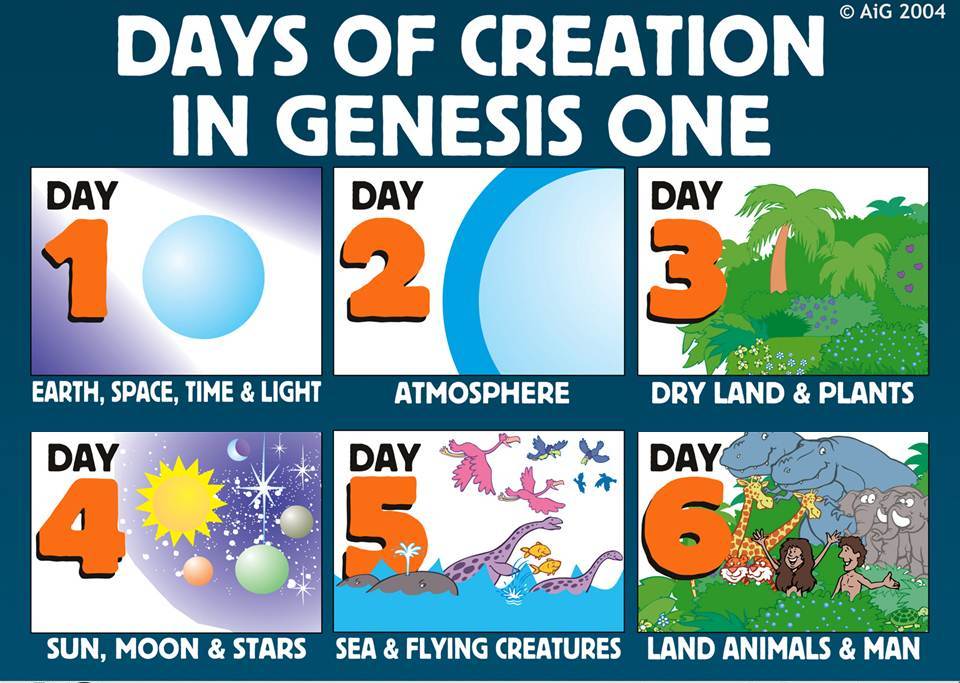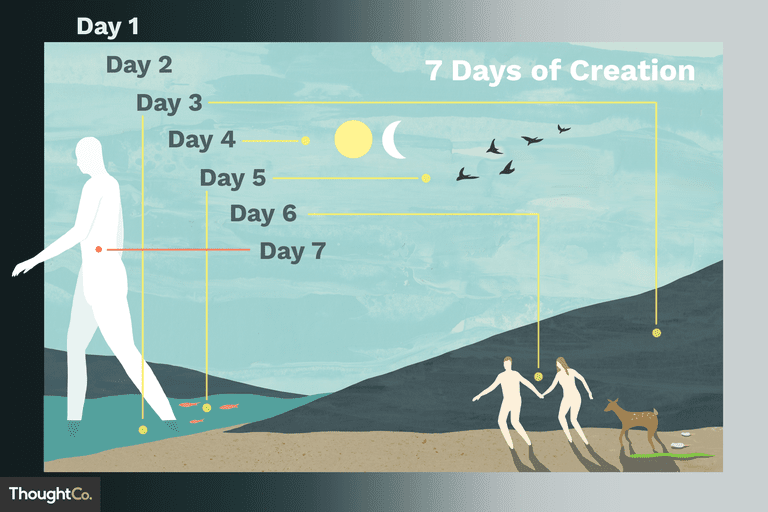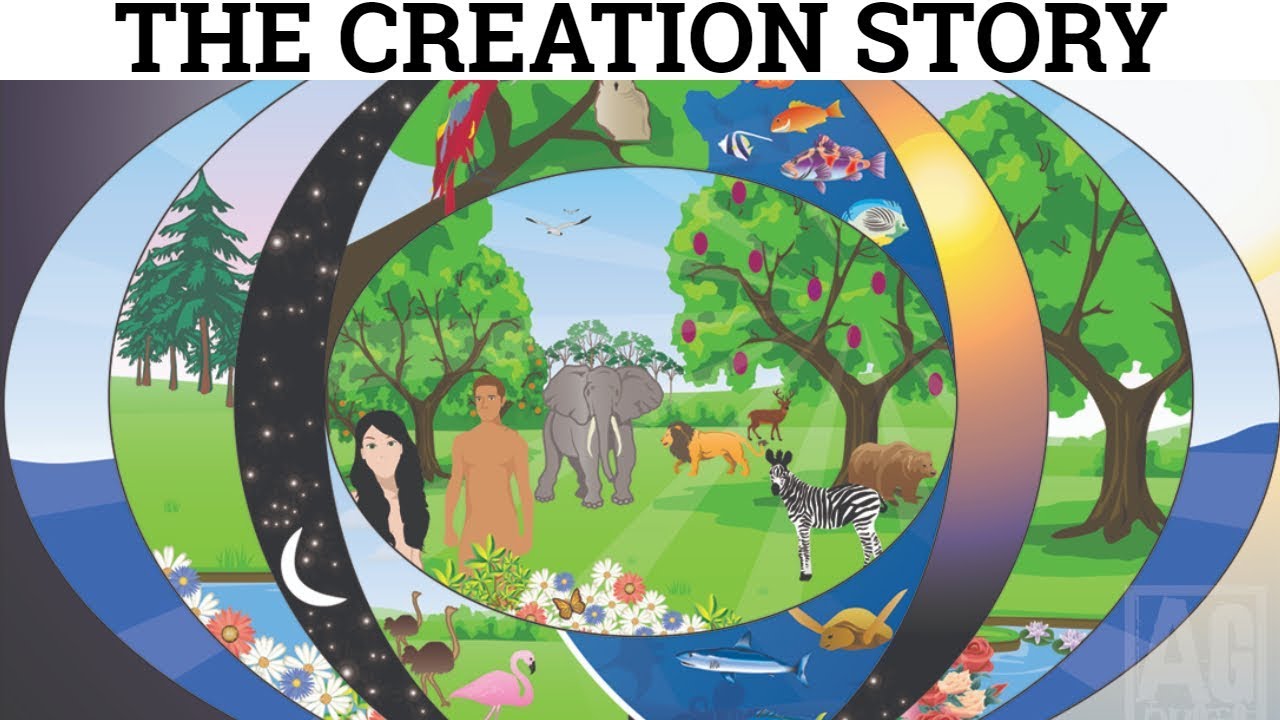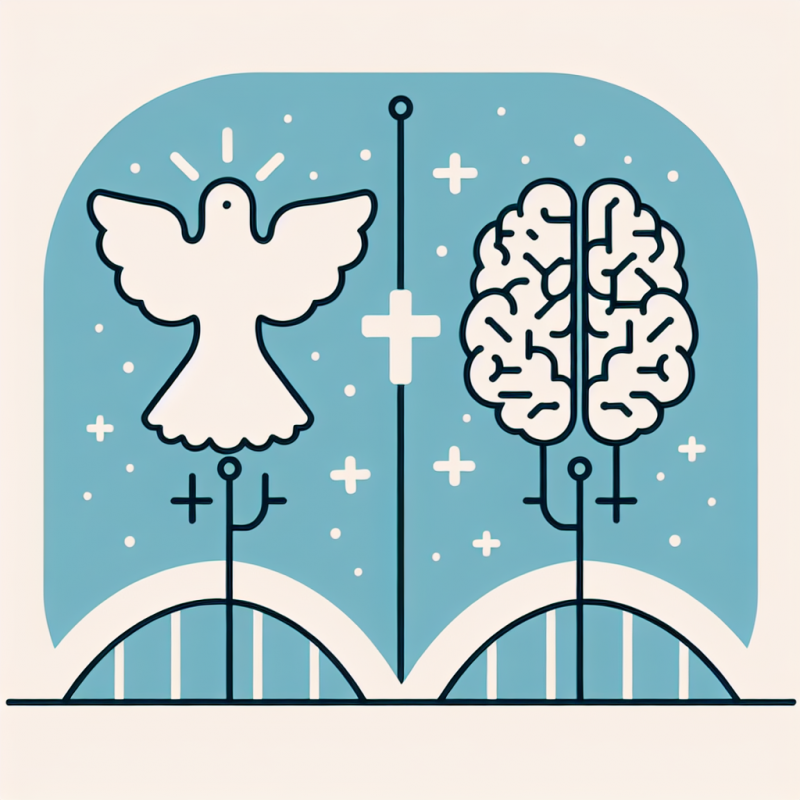The Creation Story: A Foundation of Faith and Understanding
The creation story, foundational to the biblical narrative, unfolds in the early chapters of Genesis. It not only sets the stage for the entire biblical story but also offers profound insights into the nature of God, the world, and humanity’s place within it. At its core, the creation story is a testament to God’s omnipotence, creativity, and intentionality, revealing a world that is inherently good and purposefully designed.
Historical and Cultural Context
The creation narrative was written in a time when competing beliefs and creation myths flourished in the Near East. Unlike other ancient narratives that often depicted creation as an accidental byproduct of gods’ battles or affairs, the biblical creation story presents a deliberate act of a single, sovereign God. This distinction highlighted the monotheistic belief central to Israel’s faith, setting a foundation for understanding the universe’s orderly and good nature.
< >
>
Key Themes and Scriptural References
- Order from Chaos: Genesis 1:1-2 sets the stage with a formless, empty earth and darkness over the surface of the deep, which God transforms into an ordered and life-supporting world.
- God’s Sovereignty: The repeated phrase “And God said” in Genesis 1 emphasizes God’s authority over creation through His word alone, culminating in the creation of humanity in His own image (Genesis 1:26-27).
- The Goodness of Creation: After each act of creation, God sees that it is good, highlighting the inherent goodness and value of the created world (Genesis 1:31).
Theological Implications
The creation story is not merely an account of the world’s origins but a reflection on the character of God and His relationship to the world. It affirms God’s transcendence and immanence—His supreme otherness and His intimate involvement in creation. Humanity’s creation in God’s image reveals our unique role as stewards of the earth, reflecting God’s care and sovereignty.
Interpretations Across Traditions
Different Christian traditions have understood the creation story through various lenses, including literal, allegorical, and theological interpretations. Despite these differences, common to most is the recognition of the story’s theological richness, offering lessons on God’s unlimited power, humanity’s dignity, and the call to stewardship.
< >
>
Relevance to Modern Believers
In my journey of faith and doubt, the creation story has served as a reminder of the world’s inherent order and goodness, even amidst suffering and chaos. It has challenged me to reflect on my role as a steward of creation, especially in the context of technology and environmental ethics.
The principles derived from the creation story—such as stewardship, creativity, and the value of life—have profound implications for personal faith, community life, and societal challenges. They call us to care for the environment, advocate for justice, and live out our intrinsic worth as bearers of God’s image.
< >
>
Connection to Previous Articles
Reflecting on the impact of historical Christian movements and overcoming addiction through grace, we see the foundational role of creation’s themes in shaping our understanding of God’s nature and humanity’s purpose. The creation story underscores the message of hope and renewal foundational to these articles, reminding us of God’s ongoing work of restoration in our lives and the world.
Conclusion
The creation story in Genesis lays a foundational understanding of the world as a reflection of God’s power, goodness, and intentionality. For believers today, it provides a framework for viewing our lives and the natural world as inherently valuable and charged with purpose. As we reflect on this profound narrative, let us engage with the world around us with renewed awe, responsibility, and hope.
Further Reading and Reflection
For those looking to dive deeper into the creation story and its implications for modern faith, consider exploring the Book of Psalms as a complement to Genesis. The Psalms often reflect on creation’s beauty and majesty, offering a poetic meditation on the themes introduced in Genesis.
Exploring the Book of Psalms: Insights for Modern Faith provides an excellent starting point for integrating the wisdom of Psalms with the foundational truths found in the creation story.
<
>
Focus Keyphrase: Creation Story




Thank you all for taking the time to read my latest article on the Creation Story. I’ve always been fascinated by the way this narrative paints a picture of our world and our place within it, framed by faith and understanding. Writing this piece was a journey of reflection on the profound themes of order, goodness, and stewardship that the story imparts, and I hope it encourages you to see the beauty and responsibility we share in this divinely created world. Your thoughts and reflections are warmly welcome!
I found your article quite intriguing, David! As a history teacher, I appreciate the historical and cultural context you provided for the Creation Story. It’s fascinating to see how this narrative compares to other ancient myths and how it shaped the foundations of faith. I’m particularly drawn to the themes of stewardship and the goodness of creation. It leads me to wonder how we can better embrace these principles to address modern challenges, especially in terms of environmental ethics and inclusivity within our communities. Do you think the church today is adequately addressing these topics in light of the Creation Story’s teachings?